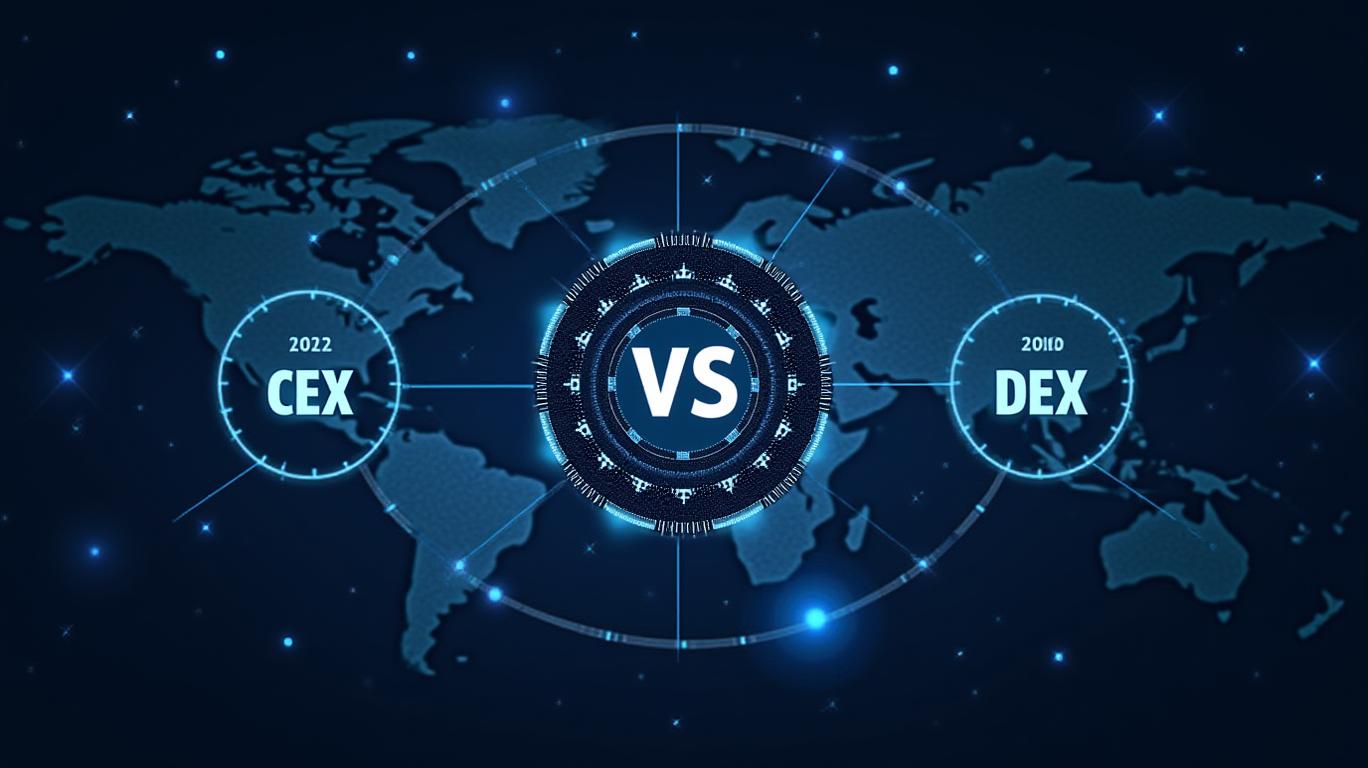"Crypto Trading: CEX vs DEX - Security, Speed, and Control"
Cryptocurrency trading platforms have become increasingly popular, offering users a wide range of options to buy and sell digital currencies. With so many platforms available, it can be challenging to determine which one is the best fit for your needs. In this guide, we will compare some of the top cryptocurrency trading platforms, highlighting their key features, pros, and cons.
1: Understanding Cryptocurrency Trading Platforms
When trading cryptocurrencies online, you have two main options: using a crypto trading platform or a broker. A crypto trading platform allows you to buy or sell cryptocurrencies directly with another buyer or seller, while a broker acts as an intermediary, charging a small fee for their services. Experienced traders may prefer using an exchange, as it offers more control over the cryptocurrency purchase process and a secure trading environment. However, beginners may benefit from using a broker to learn about cryptocurrency market trends and blockchain technology.
Types Of Platforms
There are three main types of cryptocurrency trading platforms: centralized exchanges (CEXs), decentralized exchanges (DEXs), and peer-to-peer platforms (P2P).
A. Centralized Exchange (CEX)
A centralized exchange is operated by a single organization that acts as an intermediary and processes all transactions through its servers. These platforms offer a wide range of currencies and advanced trading features but may have higher fees and less robust privacy-related security compared to DEXs.
Pros of CEXs:
- Easy to use
- Faster trades due to a controlled environment
- Fiat currencies can be integrated into the platforms
Cons of CEXs:
- Less direct control over private keys
- More prone to hacking
B. Decentralized Exchange (DEX)
Decentralized exchanges use blockchain technology to help you trade directly with other buyers or sellers without any central authority. While this offers greater security and privacy, the technology may be difficult to use, and the level of liquidity is lower compared to CEXs.
Pros of DEXs:
- No central authority to control your funds
- Reduced risk of hacking

Quickly understand the history and background of various well-known coins
Latest Articles
Stay ahead of the market.
Get curated U.S. market news, insights and key dates delivered to your inbox.



Comments
No comments yet